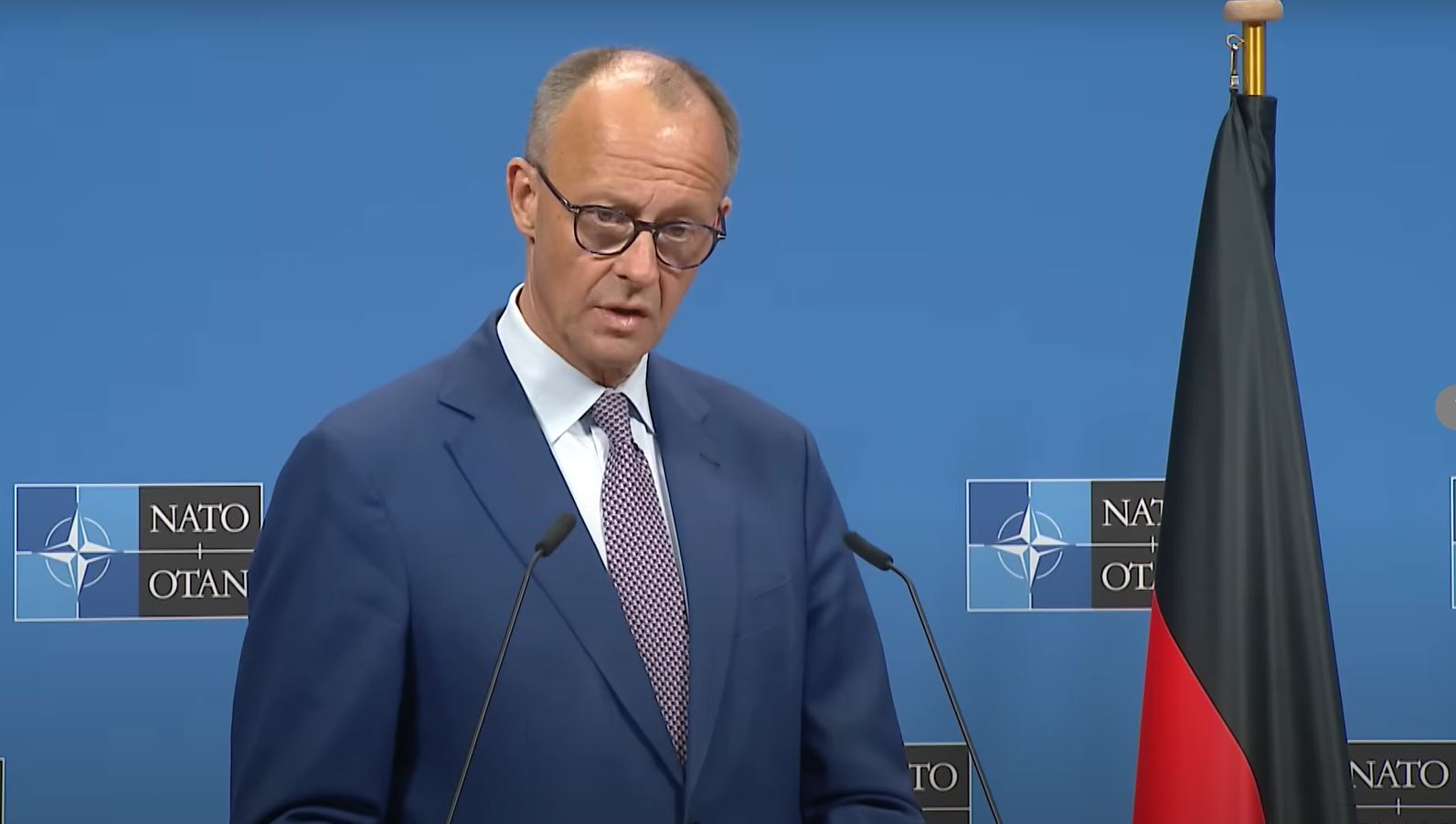On 16 May, German Chancellor Friedrich Merz announced that the European Union will vote on a new sanctions package against Russia on 20 May, after Russian President Vladimir Putin did not show up in Istanbul for talks with Ukraine's leader Volodymyr Zelenskyy. In a post on platform X, Merz confirmed the sanctions plan was complete and would be decided "in Brussels on Tuesday," 20 May.
In his tweet, Merz commented on the negotiations in Türkiye, which Ukrainian President Volodymyr Zelenskyy attended despite the absence of Russian President Vladimir Putin.
"The fact that President Zelenskyy traveled to Türkiye anyway is an enormous concession. Putin did not show up - he alone has put himself in the wrong."
Putin dodges Zelenskyy face-off in Turkey, sends low-level negotiators
Putin excluded from Russia’s Türkiye delegation
Earlier, Putin proposed to renew Istanbul negotiations between Russia and Ukraine, which failed back in 2022, as Russia demanded Ukraine's de facto capitulation—demands that remain unchanged to this day. In response, Zelenskyy publicly called for Putin’s personal participation.
The Kremlin initially avoided confirming whether Putin would attend. On the evening of 14 May, Russia released its delegation list, which excluded the president.
The Russian delegation closely mirrors that of 2022 and consists of low-ranking officials. It is expected to meet with the Ukrainian delegation on 16 May.
Merz says no dictated peace—Germany will stand with Ukraine
Germany and allies consider Russian asset confiscation
One day earlier, on 15 May, Merz stated in an interview with Zeit that Germany and its allies would move to confiscate frozen Russian sovereign assets, provided the legal basis exists, Reuters reported.
After Russia’s full-scale invasion of Ukraine in 2022, around $300 billion of sovereign Russian assets were frozen by the US and allies.
According to Reuters, Merz told Zeit,
“If there is a way to mobilize the money on a sound legal basis, we will do it.”
He added that the move carried risks for the European financial market, particularly regarding the euro’s role as a reserve currency.
According to Merz, additional measures targeting Russia’s energy and banking sectors are under consideration. Sanctions against individuals are also being discussed.
“We, the heads of state and government, agree that we must now exhaust all options,” he told Zeit.

